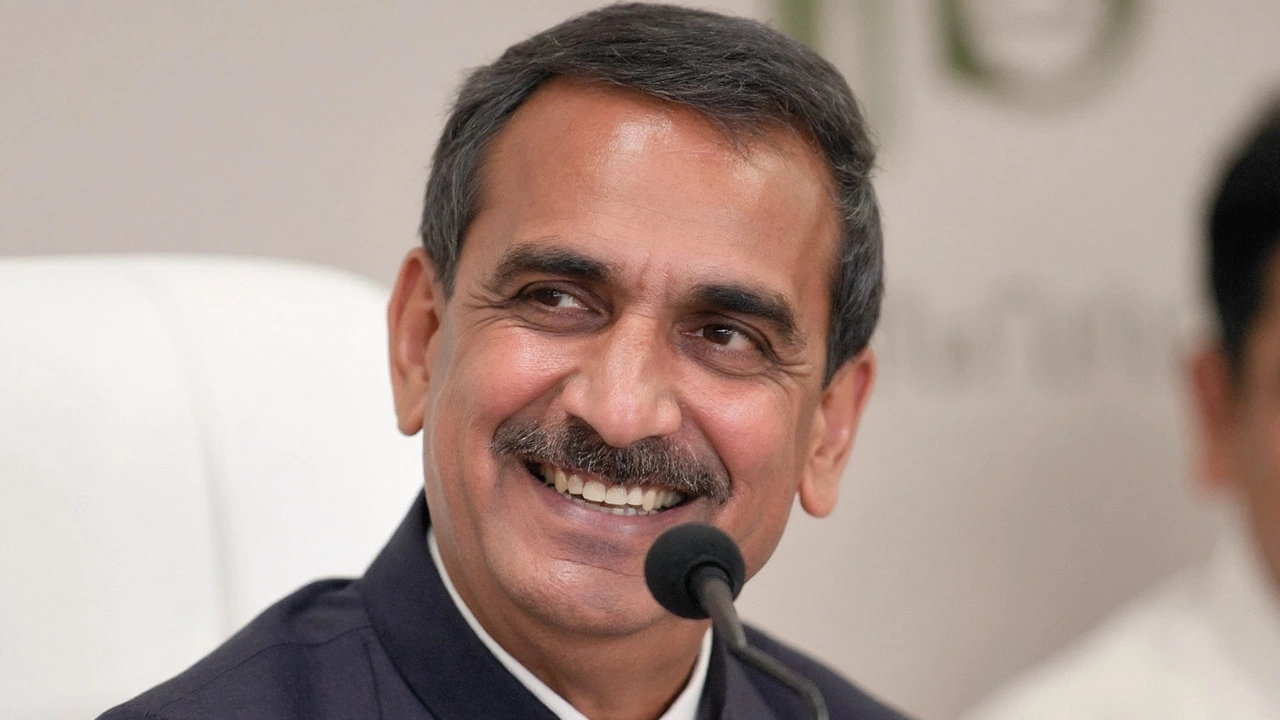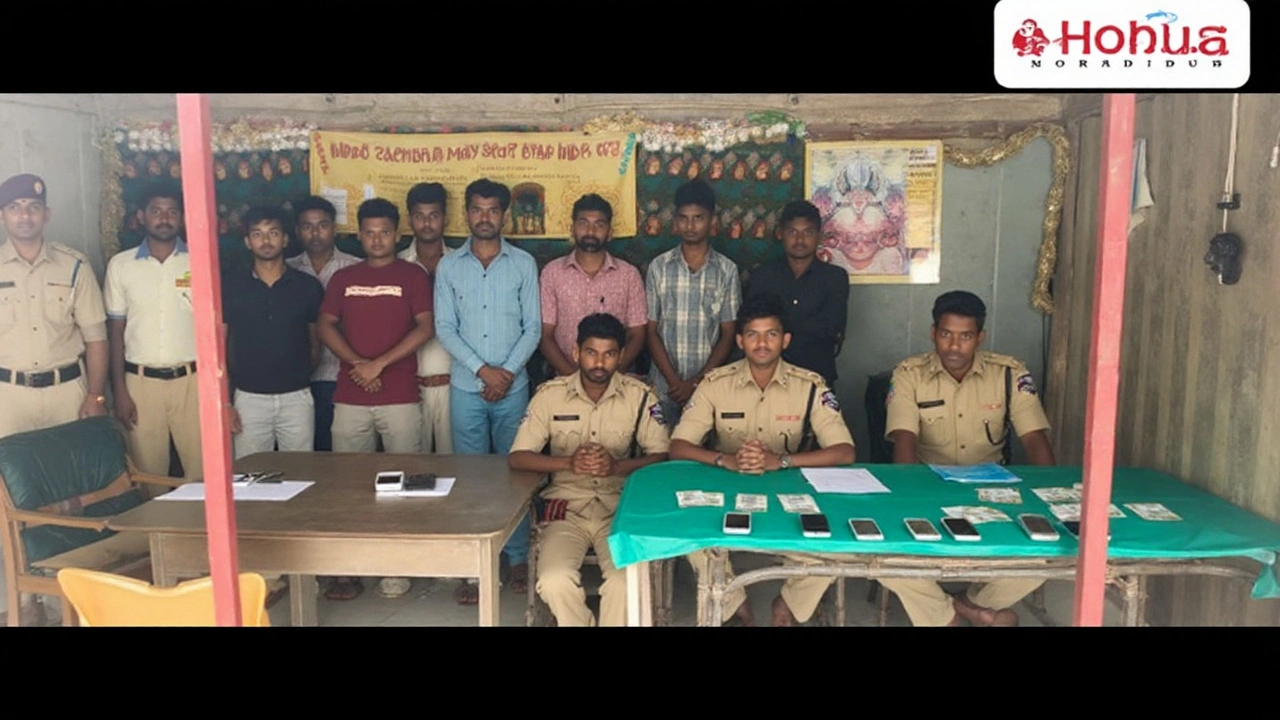When the Gorakhpur Development Authority (GDA) first announced the Palm Paradise scheme, officials expected a modest queue for the 120 affordable flats it would offer. What actually happened blew past any projection: more than 9,300 hopeful families threw their hats in the ring, flooding the agency with paperwork and sparking a scramble to keep the process fair.
Why the Flood of Applications?
Palm Paradise sits on a prime plot just off the Deoria Bypass, promising modern amenities to the city’s Economically Weaker Section (EWS) and Lower Income Group (LIG) residents. The scheme split the flats into 50 EWS units and 70 LIG units, each priced to match the modest budgets of the target groups. Yet the numbers speak louder than the pricing: over 6,000 applications targeted the 50 EWS homes, while about 300 families vied for the 70 LIG apartments. The surge reflects a broader appetite for quality, low‑cost housing in a region where such options are scarce.

Going Digital: GDA’s Online Lottery Solution
Faced with the daunting task of sorting through thousands of paper forms, GDA announced a pivot to an online lottery system. The move is more than a tech upgrade; it’s a bid to inject transparency and speed into an otherwise tedious allocation process.
- Real‑time Screening: Applications are now being cross‑checked automatically for missing income certificates, invalid reservation documents, or incorrect personal details.
- Selective Grace Period: If a candidate’s file is flagged for missing income proof, the system will still allow them to upload the certificate after the draw—provided they are among the selected names.
- Mobile Alerts: Every applicant receives push notifications on their phones, informing them of status changes, document requests, or lottery results.
- Public Access: The online portal lets participants view the entire applicant pool’s progress, ensuring no hidden steps or back‑room deals.
GDA’s IT team built the platform in a matter of weeks, leaning on existing e‑governance tools that the state already uses for land records and tax filings. The agency says the system can handle far more than the current 9,300 entries, preparing it for future housing drives that may see even higher demand.
While the digital shift promises efficiency, officials caution that the final outcome still hinges on strict eligibility criteria. Any applicant caught falsifying income details or omitting required reservation proof will see their file canceled outright, regardless of lottery placement. Conversely, those who meet all criteria stand a clear shot at securing a flat, with the draw’s randomness serving as the only wildcard.
The rollout comes at a crucial time for Gorakhpur’s broader affordable‑housing agenda. GDA has earmarked several more projects across the district, each designed to bridge the gap between rising urban costs and the financial realities of low‑income families. By proving that large‑scale allocations can be managed transparently online, the Palm Paradise lottery could set a template for the authority’s next wave of developments.
For now, the waiting game continues. Applicants are urged to keep their mobile devices charged, monitor the notification feed, and be ready to upload any missing documents the moment they’re prompted. The online lottery will determine who gets the keys to Palm Paradise, turning a massive scramble into a streamlined, accountable process.
